
The Difference
How the Power of Diversity Creates Better Groups, Firms, Schools, and Societies
Recommendation
Are two heads better than one? Or do too many cooks spoil the broth? For a large class of problems, argues mathematician and social scientist Scott E. Page, two heads are better. That is the benefit of diversity, particularly cognitive diversity. Skeptical? You won't be after you follow Page's methodical, quirky and often funny analysis of diversity's logic. getAbstract recommends this book to readers who want a truly rigorous, formal description of how diversity brings benefits to organizations. Be prepared, however, to encounter much math-speak (for example when he asks readers to "Consider an arbitrary sno-cone design denoted by P"). The author also notes that some of the models showing the impact of diversity that he cites in the book have been tested via computer simulation only, and not in practical settings. Still, Page's results are innovative and beautiful, he maps out inviting avenues for further exploration, and brings welcome clarity to the important and contentious issues raised by human diversity.
Summary
About the Author
Scott E. Page is Professor of Complex Systems, Political Science and Economics at the University of Michigan, and an external faculty member at the Santa Fe Institute.









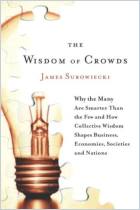
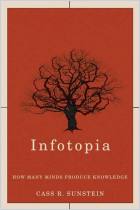
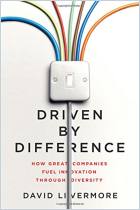
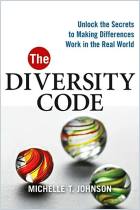
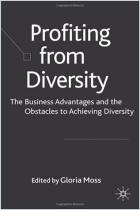
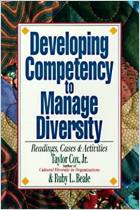



Comment on this summary or Iniciar a Discussão